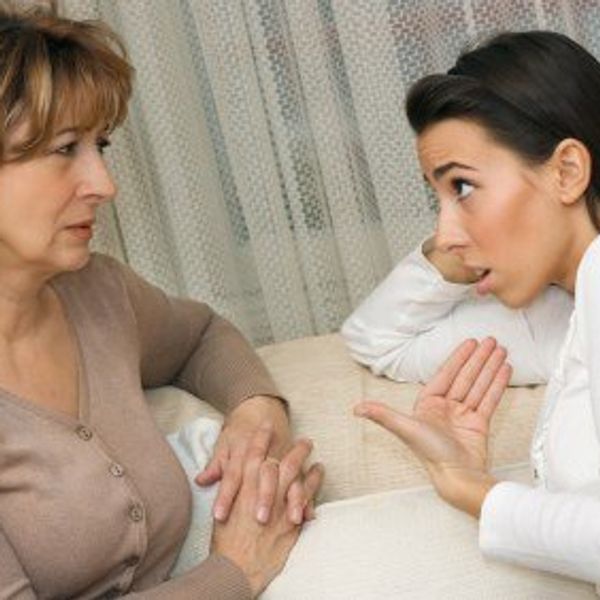Last weekend my youngest brother had his bar mitzvah. It was a little strange. The baby of the family was now thirteen years old; a man. The truth is anyone who has interacted with modern thirteen-year-old boys knows that they don't quite fit the man category. Maybe way back when thirteen-year-olds worked the fields and got married during puberty they could be called men. But nowadays it just does not ring true. Adulthood is associated with independence and today's seventh graders do not have much of that. But then again, neither do college students.
Many college students are not totally -- if at all -- self-sufficient. They might work, but many get the bulk of their funds from their parents. A lot of students also depend on mom and dad for help with everyday duties. Assembling furniture, paying bills, doing laundry, and preparing food are just a few of the tasks that many college students need parental assistance with. That being said, there are numerous unemployed adults living with their parents. Are those people not actually adults because of their lack of independence? Perhaps this is not the right standard for adulthood then.
Maybe other factors are more important in defining adulthood, like maturity. Maturity is a hard word to define, but as the late Supreme Court Justice Potter Stewart once said about pornography, "I know when I see it". Laughing because someone farted is immature. Throwing a temper tantrum when you get a bad grade is immature. Loudly bragging about hooking up last night is immature. These are all things that I have seen occur during my time in college. Beacons of maturity, undergraduate students are not. However, I know many "grown-ups" who make crude jokes, funny noises, and inappropriate comments with the same frequency as 20-year-olds. Yet they are still considered adults.
According to the rabbi of my synagogue, who spoke at my little brother's bar mitzvah, the difference between adults and children is moral clarity. An adult, unlike a child, has the cognitive capacity to differentiate right from wrong and understand the consequences of their actions. At the age of thirteen (or twelve if you're a girl, because girls apparently develop faster), a person obtains this capacity, he claims. Research in psychology suggest that over the course of our youth our moral judgement does develop dramatically. I don't know if thirteen is when our moral reasoning skills reach "adult level", but I like the idea of complex moral cognition being a marker of adulthood. Not sure if it is enough though.
I don't know if anyone can definitively say what qualities define adulthood. Maybe its independence, or maturity, or moral clarity, or a combination of the three, or something else entirely. What I do know is, whether or not bar mitzvahs do mark a transition to manhood, they at least make us think: what does it mean to be adult?





















